
- All Instrument Types
- Indices
- Equities
- ETFs
- Funds
- Commodities
- Currencies
- Crypto
- Bonds
- Certificates
Please try another search

3 ETFs That Will Reduce Your Banking Sector Exposure

- At a time when stress in the financial sector continues to persist, investors are looking to avoid exposure to banks.
- While it is tough to pick out ETFs or any funds that have absolutely no exposure to banks, it isn't impossible.
- Here are three ETFs that offer an opportunity to avoid financials completely or significantly reduce exposure while investing.
It is no secret that banks have been struggling of late. On Friday, shares of Deutsche Bank (ETR:DBKGn) tumbled as the German bank's credit default swaps (CDS) jumped from 142p to 173p on Thursday night.
CDSs are financial derivatives that hedge the risk of default on a financial asset and are considered a reliable indicator of a company's creditworthiness.
Other banks with high exposure to corporate loans also fell, such as Commerzbank (ETR:CBKG) and Societe Generale (EPA:SOGN).
Deutsche Bank has been in the spotlight for some time, much like Credit Suisse (SIX:CSGN). It has gone through several restructurings and leadership changes to get back on solid footing, but so far, none of these efforts have worked.
Meanwhile, the Stoxx 600 Banks index (which does not include Credit Suisse or UBS (NYSE:UBS)) had one of its most volatile weeks of the year last week. It has fallen 18.3% in the month so far.
But, attempts are being made to convey a unified message of reassurance to avoid capital flight and panic selling. Treasury Secretary Janet Yellen convened market regulators on Friday to coordinate a joint response to the banking crisis.
After the meeting, the official message was that although some institutions are under pressure, the US banking system remains strong.
And this does not stop there. Yellen opened the door for the government to guarantee uninsured deposits (above $250,000) in future bankruptcies, something the Fed chair also supports.
In reality, however, such a guarantee would not be applied across the board in the future but only when necessary.
In contrast to the 2008 crisis, the authorities are better equipped to deal with stress in the financial system today, and the largest banks are stronger than they were then.
Back then, banks were more leveraged, and regulators had much less experience dealing with systemic stress.
Meanwhile, Warren Buffett is said to have had discussions with senior officials in the Biden administration about what happened to the banking sector. This has led to speculation about whether he plans to invest in the sector.
This isn't farfetched, as Buffett tends to invest when banks are under stress. He did so with Bank of America (NYSE:BAC) in the summer of 2011 when everyone was worried that the bank was going to run out of money after losing out on various lawsuits.
Source: Investing Pro
And earlier, in the summer of 2008, he invested in Goldman Sachs (NYSE:GS) at the height of the global financial crisis.
Source: Investing Pro
Some investors do not want to be exposed to banks, especially during times like these.
Of course, both positions have merit. The collapse of Silicon Valley Bank and the emergency bailout of Credit Suisse have shaken investors and raised questions about the financial industry's stability during skyrocketing interest rates and high inflation.
Most investors probably want nothing to do with the financial sector right now. If they wanted to invest in investment vehicles such as funds and ETFs, it has been difficult to find some without exposure to banks.
This is normal because financials are the third largest sector in S&P 500 at just over 13%.
But, there are still a few decent ETFs for investors to consider investing in, including these three:
1. ProShares S&P 500 Ex-Financials ETF
ProShares S&P 500® ex-Financials ETF (NYSE:SPXN) is ideal for those who want to be exposed to the S&P 500 index but without any banks or insurance companies, so it excludes all financial companies from the index.
The fund's largest holdings are Apple (NASDAQ:AAPL) (8.27%), Microsoft (NASDAQ:MSFT) (6.95%), Amazon (NASDAQ:AMZN) (3.91%), and Tesla (NASDAQ:TSLA) (2.48%), followed by Alphabet (GOOGL), Nvidia (NASDAQ:NVDA), Exxon Mobil (NYSE:XOM), and United Health Products (OTC:UEEC).
Exposure in various sectors: technology (29.22%), healthcare (16.4%), consumer discretionary (13%), industrials (9.60%), and communications (9.55%).
2. Invesco QQQ Trust
Invesco QQQ Trust (NASDAQ:QQQ) was launched in March 1999. It holds the 100 largest non-financial companies on the Nasdaq, with technology clearly dominating (49%), followed by communications (16%) and consumer discretionary (15%).
Top holdings include Alphabet, Amazon, Apple, Broadcom (NASDAQ:AVGO), Meta (NASDAQ:META), Microsoft, and Nvidia.
3. Vanguard Growth Index Fund ETF Shares
Vanguard Growth Index Fund ETF Shares (NYSE:VUG) does not eliminate 100% of the financial sector and has an exposure of about 3%. It's suitable for those who want to reduce their exposure significantly, while not completely eliminating banks.
It mainly holds Apple, Microsoft, Amazon, Tesla, Nvidia, Alphabet, Visa (NYSE:V), Mastercard (NYSE:MA), and Home Depot (NYSE:HD). By sector, its exposure is as follows: technology (42.25%), consumer (18.14%), communications (10.88%), and healthcare (8.67%).
Investor Sentiment (AAII)
Meanwhile, bullish sentiment, or expectations that stock prices will rise in the next six months, fell 5.6 percentage points to 19.2%. Optimism was last seen on September 22, 2022 (17.7%). It remains below its historical average of 37.5%.
Bearish sentiment, i.e., expectations that stock prices will fall in the next six months, increased by 6.7 percentage points to 48.4%. It remains above its historical average of 31%.
Disclosure: The author does not own any of the securities mentioned.
Related Articles

Canada is in a housing crisis, and I want to be tactful here. The reality is that a lot of Canadians, especially the younger generation, are completely priced out of...

While the general stock market is going through a rough patch to start 2025, several ETFs are striking gold. The three best-performing ETFs in 2025 with over $1 billion in assets...

These global value ETFs have outperformed U.S. value funds. The international markets have been outperforming their U.S. counterparts this year by a significant margin. While U.S....
Are you sure you want to block %USER_NAME%?
By doing so, you and %USER_NAME% will not be able to see any of each other's Investing.com's posts.
%USER_NAME% was successfully added to your Block List
Since you’ve just unblocked this person, you must wait 48 hours before renewing the block.
I feel that this comment is:
Thank You!
Your report has been sent to our moderators for review




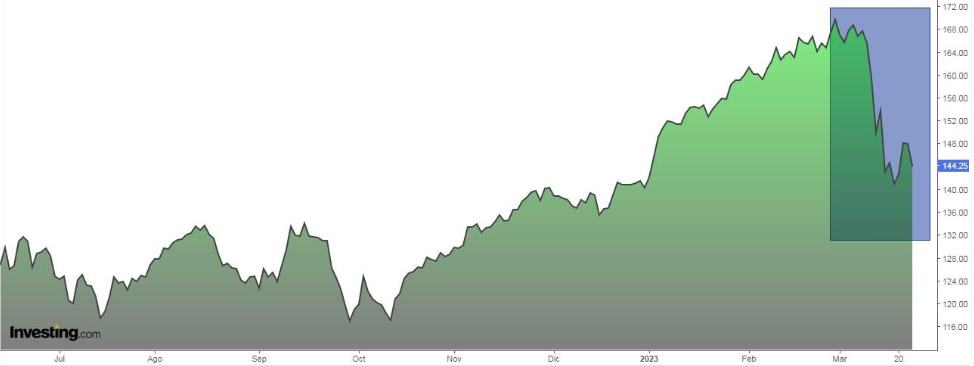
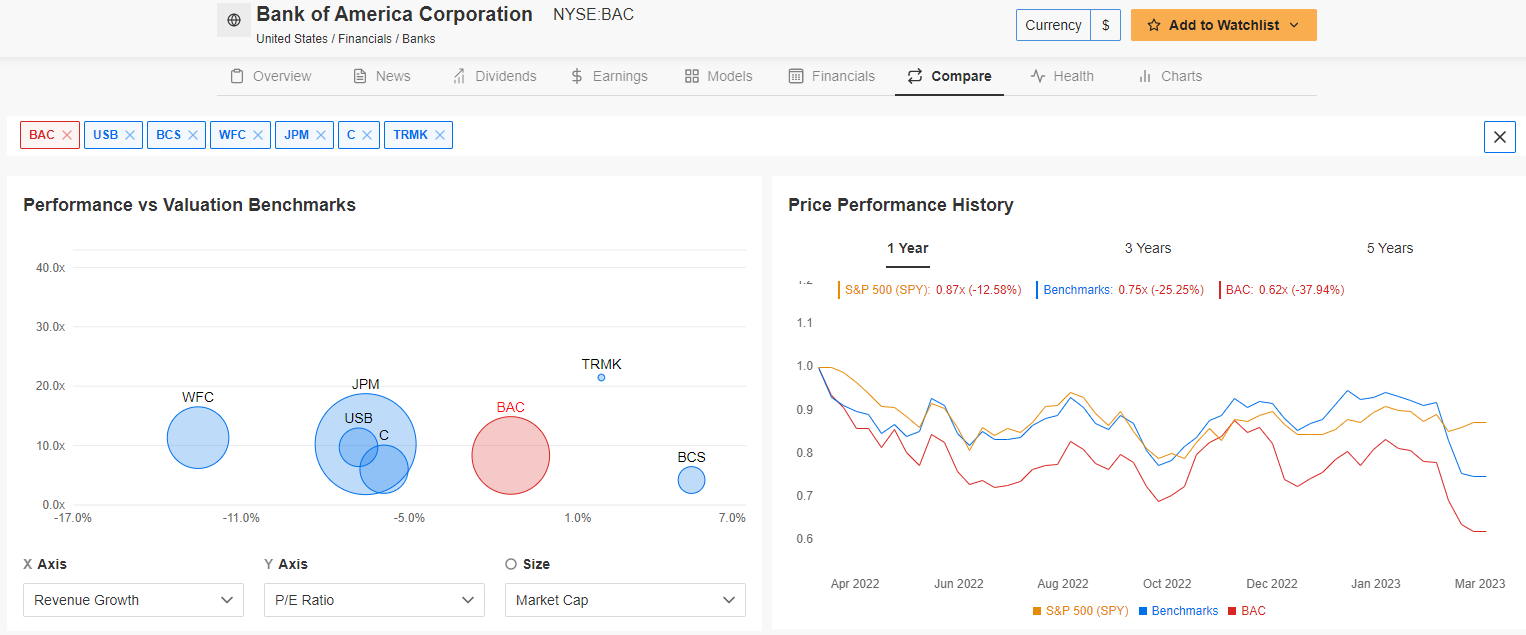
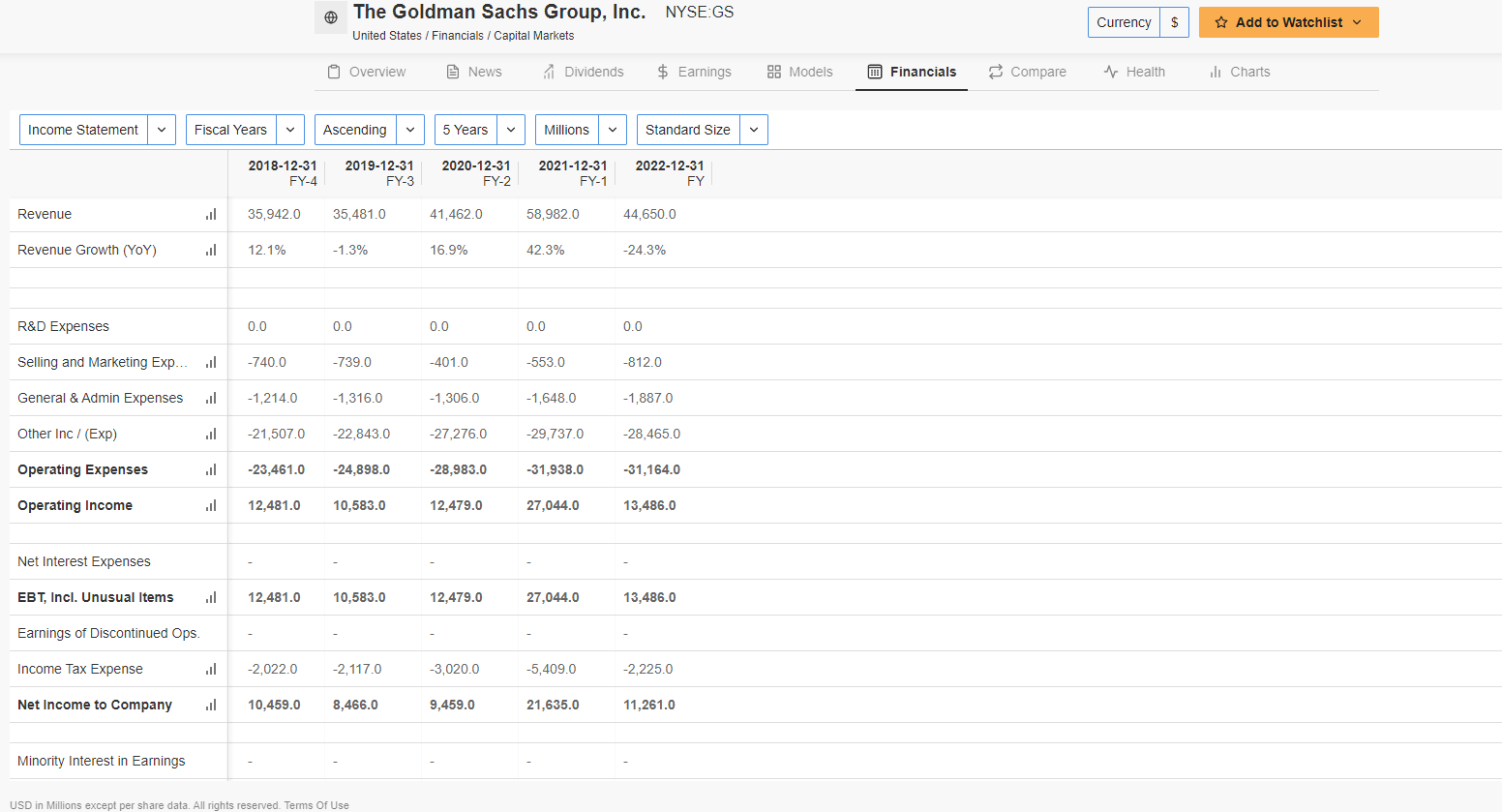
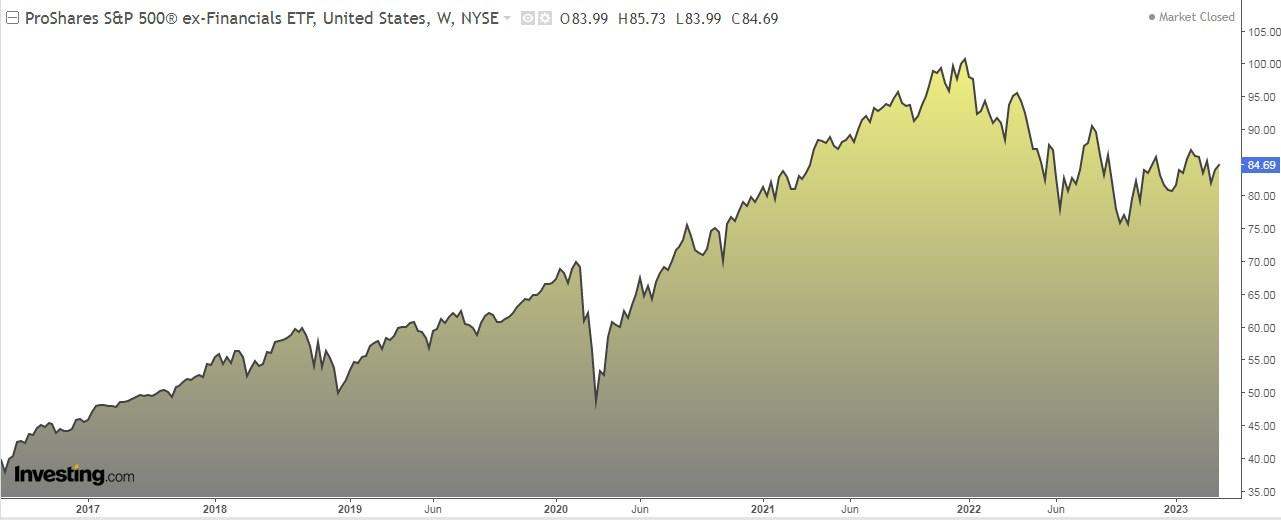
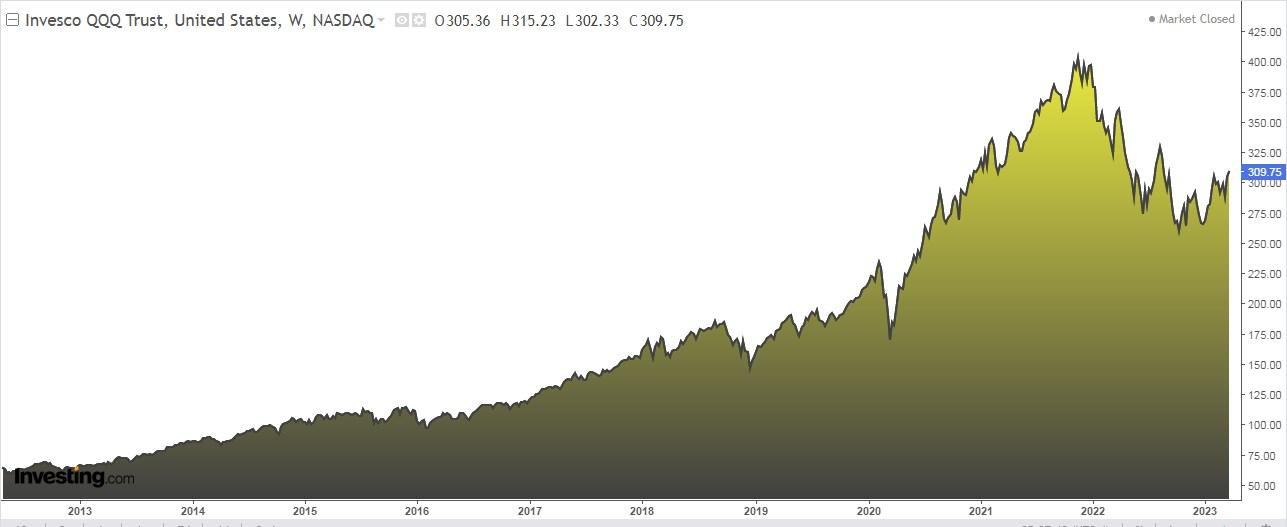
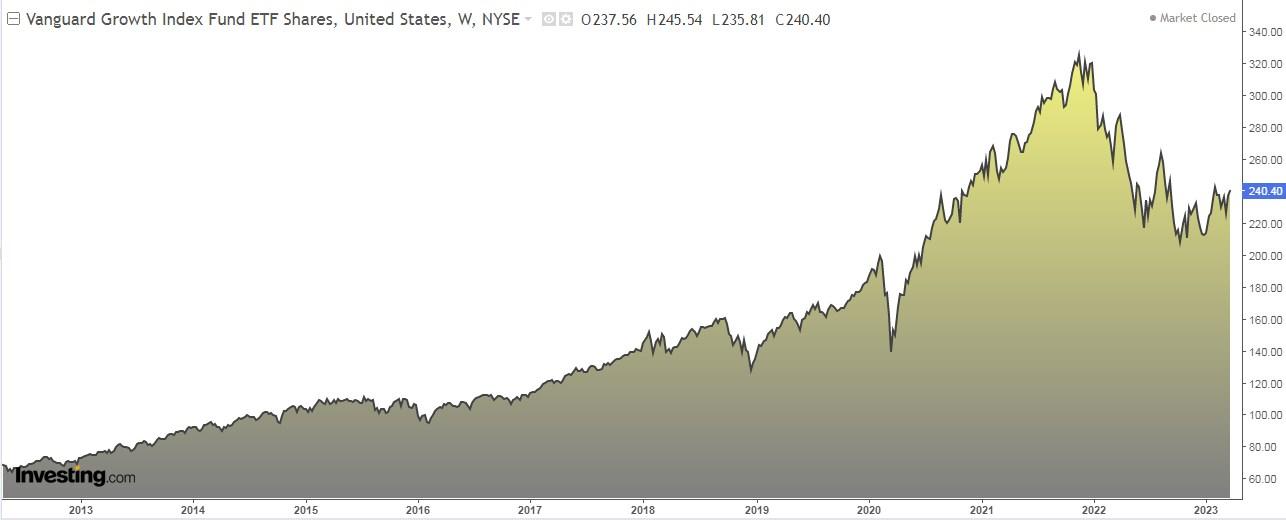

Add a Comment
We encourage you to use comments to engage with other users, share your perspective and ask questions of authors and each other. However, in order to maintain the high level of discourse we’ve all come to value and expect, please keep the following criteria in mind:
Enrich the conversation, don’t trash it.
Stay focused and on track. Only post material that’s relevant to the topic being discussed.
Be respectful. Even negative opinions can be framed positively and diplomatically. Avoid profanity, slander or personal attacks directed at an author or another user. Racism, sexism and other forms of discrimination will not be tolerated.
Perpetrators of spam or abuse will be deleted from the site and prohibited from future registration at Investing.com’s discretion.